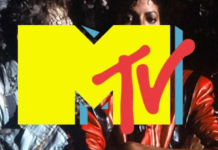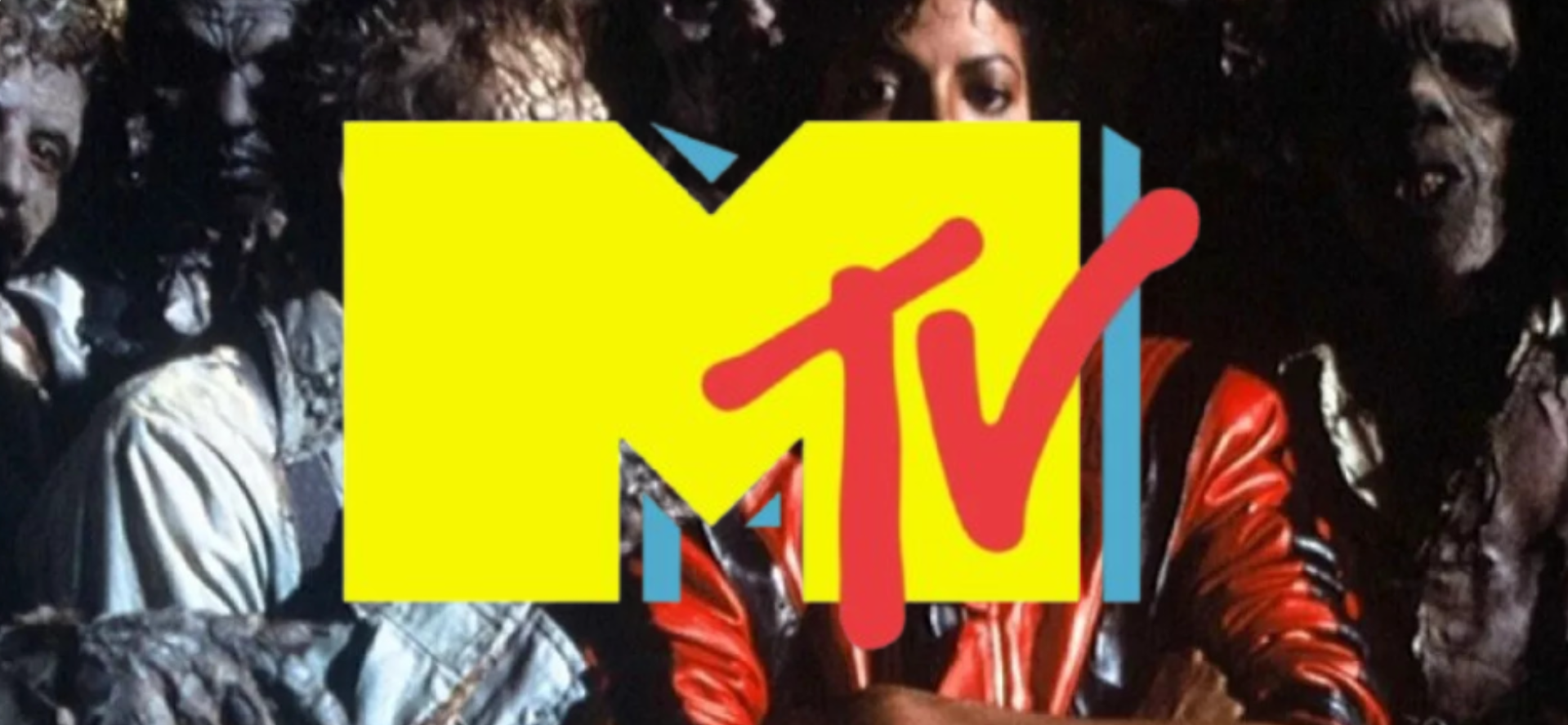Limited budget and shifting audience left MTV no choice but to cut music channels
The ways we discover and consume music have undergone fundamental changes in the past couple of decades. Media habits have shifted towards social media channels and streaming platforms, and the times when you switched on your TV in anticipation of the next UK or US countdown are long gone. In the new reality, TV channels simply can’t compete. So with a heavy heart, last week MTV’s parent company Paramount Global announced that its five dedicated music channels in the UK and across Europe will shut down by the end of this year.
After 44 years of nonstop broadcasting, all MTV music channels will be permanently shut down, with the UK and Ireland being the first in line – MTV Music, MTV 80s, MTV 90s, Club MTV and MTV Live will cease broadcasting there by December 31, followed by France, Germany, Austria, Austria, Poland, Hungary, Australia and Brazil. The only remaining channel still in operation will be MTV reality channel, broadcasting Catfish, The Hills, Geordie Shore and programs alike.
More: AFI announce US fall tour with TR/ST – first full-scale tour since 2021’s Bodies
Besides viewership and music ecosystem shifting to social media, a massive reason behind the decision is ever-decreasing budget and aggressive cost-cutting measures from Paramount, especially in the light of their recent merger with Skydance Media. As of now, Paramount hasn’t released an official statement regarding the future plans for the remaining channel but several MTV VJs have commented in disbelief:
“We need to support these artists and we all need to dance again and listen to music. And I know we do that online in our own little bubbles, but MTV was the place where everything came together. So it really does break my heart,” former VJ Simone Angel told the BBC.
Countdown host, Andi Manzano took to Instagram with a heartfelt recollection of her time on MTV:
“MTV was such a huge part of my life. It opened doors, taught me so much, it let me experience things I never imagined I would—like meeting artists and different people, hosting in front of massive crowds and the biggest stadiums, and just being part of something that defined a whole generation.”
Without exaggeration, what seems to be another business decision represents the end of an era for several generations and has already been called “the death of communal music discovery“. The pop culture legacy of MTV began in the US in 1981, and a few years later aired in Europe, resulting in millions of viewers glued to their TVs not to miss out on MTV Unplugged and such. Playing music videos 24 hours a day, the TV channel redefined music marketing and the art of making visuals, launched numerous music careers and saw artists like Michael Jackson and Madonna skyrocket to become world icons. Not only did it transcend borders uniting music fans all over the world, it also helped fashion and cultural trends cross borders and influenced our tastes, lifestyle and identity choices.
More: 15 Fun Facts about LINKIN PARK new vocalist Emily Armstrong
By the beginning of 2010s, traditional music TV gave way to the rise of social media and the variety of on-demand streaming platforms. Fewer and fewer pressed the button on their remotes to check out what MTV channels had to offer. However, MTV signature music events lived on like the VMAs and EMAs. (It seems unbelievable to imagine the world without those iconic annual award ceremonies, doesn’t it?)
The question that music creators and labels are still pondering is whether the music video as an artform and musicians’ way of self-expression is still viable in today’s industry. With labels and artists not willing to invest much in videos anymore and TikTok and YouTube favoring video immediacy, creating a visual work of art at exorbitant cost seems less and less justified. Time-consuming traditional video shooting and editing are becoming a thing of the past or tend to be seen as an optional and unnecessary luxury. At the same time, the rise of independent artists and new digital channels allowing to put out music as soon as musicians are done with it defines a new all-encompassing era we’re living in, where physical location or budget constraints don’t set unsurmountable barriers for emerging talents and the next big thing might go viral thanks to a simple visual iPhone camera.
Are you heartbroken at the news of MTV shutdown? Share your thoughts right now on AlteRock Facebook, Instagram and Twitter!














